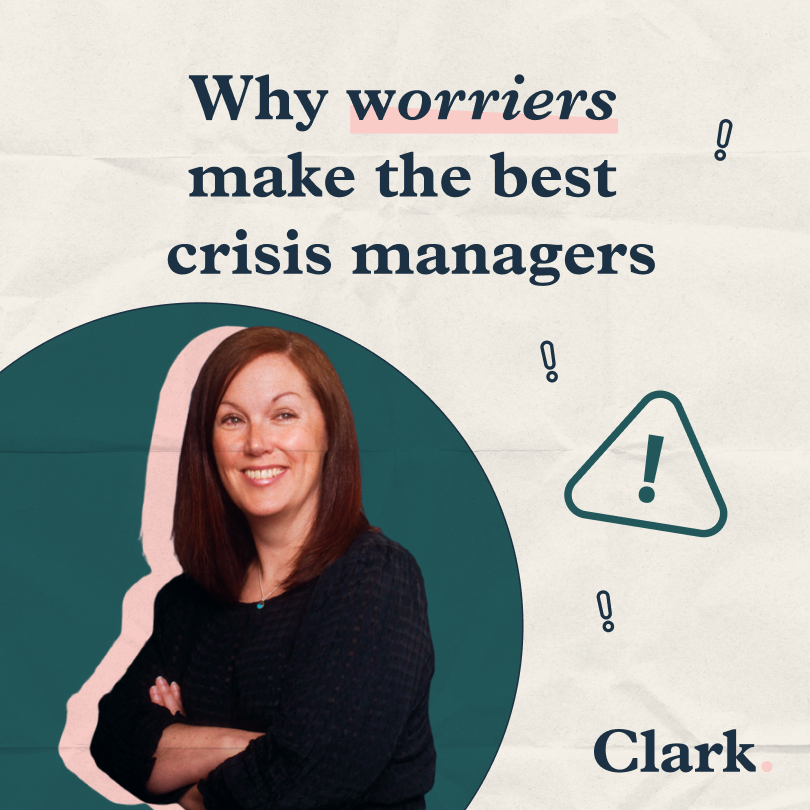by Anna Chambers, Account Director
I have a confession to make – I’m a bit of a catastrophiser. I like to prepare for the worst, and if it doesn’t happen, that’s a bonus.
I also tend to see the bigger picture, so in early 2020 when most people were just worrying about how to avoid catching Covid, I was a few steps ahead. I was already thinking also about the longer-term damage, such as how our children would catch up on lost education, the impact on mental health, and how people with other illnesses that hadn’t been diagnosed because they couldn’t see a doctor would fare in the coming years. Suffice it to say, I am a professional-grade worrier.
But although my tendency to think of the worst possible outcome can be a bit of a thorn in my family’s side at times, the ability to consider all possibilities – and look out for pitfalls – is not a bad skill to have when working in communications.
We’ve all seen those ill-advised social media posts, the ones where you wonder “how on earth did that ever get approved?” The answer can be lack of time, not enough consideration of what might go wrong, or failure to think how someone with a completely different viewpoint might feel when they read or hear something.
Recently, a local authority proudly posted on Facebook about lighting their buildings up green for Lyme Disease Awareness Month. Which would have been great, had they been keeping on top of cutting the grass in their public areas (yes, long grass is exactly where you’ll find ticks lurking).
Apparently, local residents had already been complaining about the uncut grass for months, and some were genuinely angered by the post. To say the council were ridiculed in the comments would be an understatement.

While the main damage in this case was to the social media manager’s ego, failure to think through all possible angles before posting – or worse, making a reckless press announcement along the lines of the now-infamous Gerald Ratner – can often lead to far more serious reputational cost.
And of course, in today’s social media age, any slip-up can potentially go viral in minutes.
This is where a good communications agency comes in. As well as advising what to say, we also know what NOT to say. As we write something, whether it’s for a press release or a social post, we’ll be thinking very carefully about the impact of our words. We’ll check it ourselves, and we’ll get another member of the team to double check it. If it’s particularly controversial, we’ll probably even triple check it.
Sometimes, our value can be as simple as being one step removed from internal decisions. As comms consultants, we might ask the questions that nobody within the organisation has thought of – probably because they are too close to the product or process.
An experienced pair of eyes (or two) can be particularly valuable in the midst of a crisis – but crucially, they can also stop a self-inflicted reputational disaster from happening in the first place.


